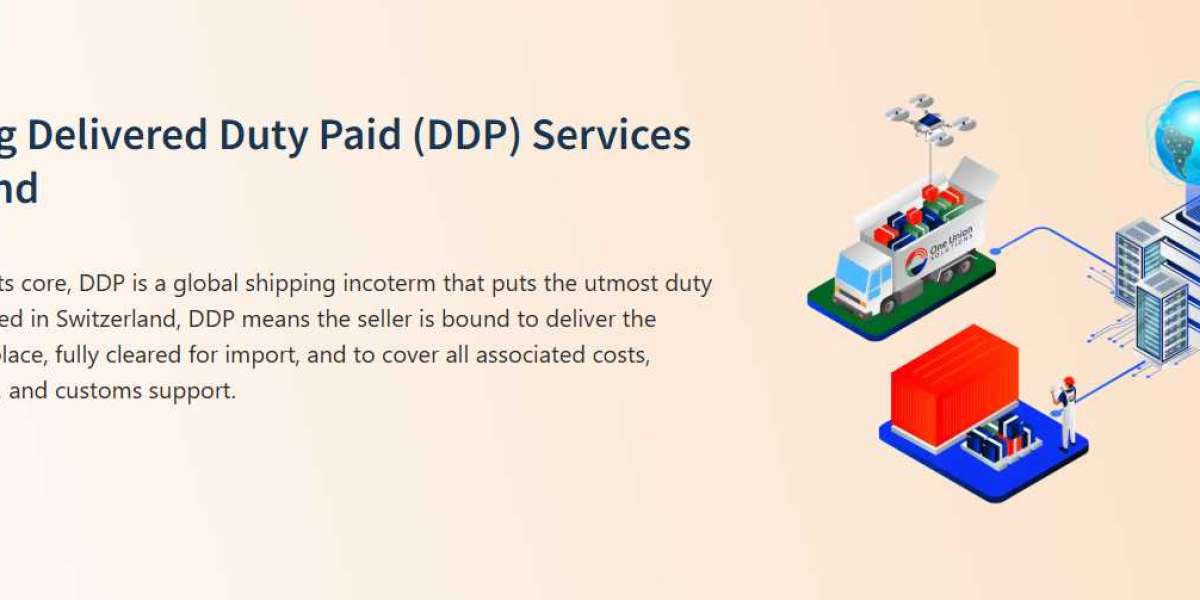In the complex landscape of international trade, understanding shipping terms is essential for clear agreements between buyers and sellers. Among the most comprehensive shipping arrangements is DDP Inco Terms, or Delivered Duty Paid. This Incoterm places maximum responsibility on the seller, ensuring a seamless process for the buyer. Let’s delve into what DDP Ship entails and its implications for international shipping and seller liabilities.
What Are DDP Inco Terms?
DDP Inco Terms specify that the seller is responsible for all costs and risks involved in delivering goods to the buyer’s designated location. This includes:
- Transportation Costs: The seller handles all freight and shipping charges.
- Customs Clearance: Both export and import customs procedures are managed by the seller.
- Import Duties and Taxes: The seller pays all necessary duties and taxes in the buyer's country.
- Insurance: Coverage for goods during transit is provided by the seller.
Under DDP, the goods are delivered ready for unloading at the buyer’s site, making this Incoterm highly buyer-centric.
Key Features of DDP Inco Terms
- Seller’s Responsibilities:
- Ensuring the goods are correctly packaged and shipped.
- Covering all associated costs, including customs duties, taxes, and transportation.
- Managing risks until the goods arrive at the buyer’s location.
- Buyer’s Responsibilities:
- Only responsible for unloading the goods upon delivery.
Benefits of DDP Inco Terms
- Predictability: Buyers benefit from a clear, upfront cost structure with no hidden fees.
- Convenience: Sellers take care of the entire shipping process, eliminating the need for buyer involvement in customs clearance or additional charges.
- Enhanced Buyer Satisfaction: By offering a hassle-free solution, sellers can build trust and maintain positive relationships with their buyers.
DDP Ship vs. Other Incoterms
It’s essential to distinguish DDP from other Incoterms to choose the best shipping agreement:
- DAP (Delivered At Place): The seller delivers the goods to a specified location but does not cover import duties or taxes.
- CIF (Cost, Insurance, and Freight): The seller is responsible for delivering the goods to the port of destination but not for customs clearance or inland transport to the buyer's location.
Compared to these terms, DDP offers the most comprehensive service, ensuring minimal effort for the buyer.
Challenges of Using DDP Inco Terms
While DDP is advantageous for buyers, it poses challenges for sellers, including:
- Complex Customs Regulations: The seller must be familiar with the import rules and procedures of the buyer’s country.
- Increased Costs: Covering duties, taxes, and transportation can significantly increase the seller’s expenses.
- Potential Delays: Mismanagement of customs clearance can lead to shipment delays, impacting the buyer-seller relationship.
When to Use DDP Inco Terms
DDP Ship is ideal in scenarios where:
- The buyer seeks a simple, worry-free shipping solution.
- The seller has experience managing international logistics and customs requirements.
- The destination country has straightforward import regulations.
Conclusion
DDP Inco Terms represent a highly buyer-focused shipping agreement, where the seller assumes full responsibility for delivering goods safely and efficiently. While this approach simplifies the process for buyers, sellers must carefully evaluate the additional costs and complexities involved.
For international trade partners, DDP ensures transparency, predictability, and convenience, making it a preferred choice for transactions where minimizing buyer involvement is a priority.














